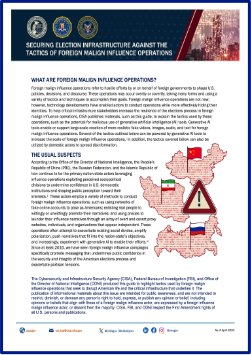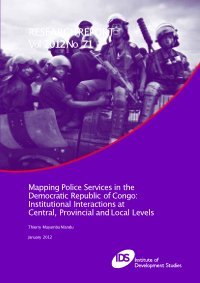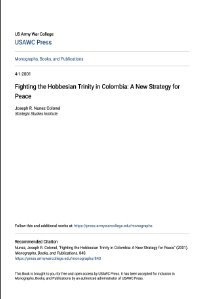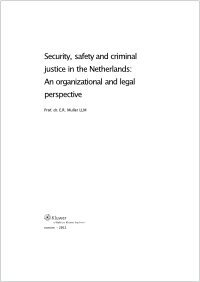United States. Cybersecurity & Infrastructure Security Agency; United States. Federal Bureau Of Investigation; United States.
From the document: "Foreign malign influence operations refer to hostile efforts by or on behalf of foreign governments to shape U.S. policies, decisions, and discourse. These operations may occur overtly or covertly, taking many forms and using a variety of tactics and techniques to accomplish their goals. Foreign malign influence operations are not new; however, technology developments have enabled actors to conduct operations while more effectively hiding their identities. To help critical infrastructure stakeholders increase the resilience of the elections process to foreign malign influence operations, CISA [Cybersecurity & Infrastructure Security Agency] publishes materials, such as this guide, to explain the tactics used by these operations, such as the potential for malicious use of generative artificial intelligence (AI) tools. Generative AI tools enable or support large-scale creation of more realistic fake videos, images, audio, and text for foreign malign influence operations. Several of the tactics outlined [in the document] can be powered by generative AI tools to increase the scale of foreign malign influence operations. In addition, the tactics covered [in the document] can also be utilized by domestic actors to spread disinformation."
Office Of The Director Of National Intelligence 2024. 8p.







